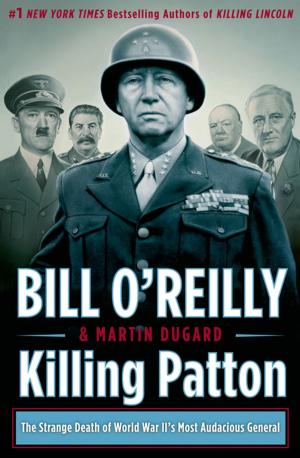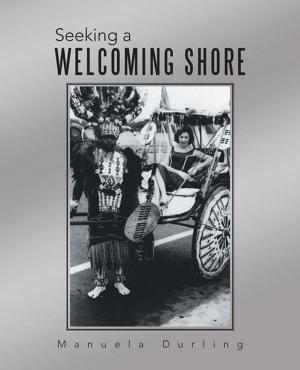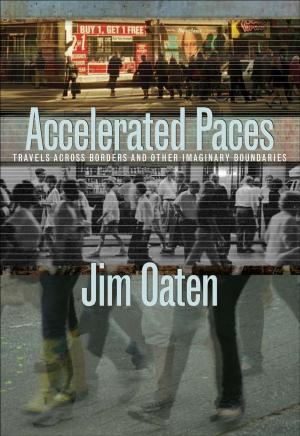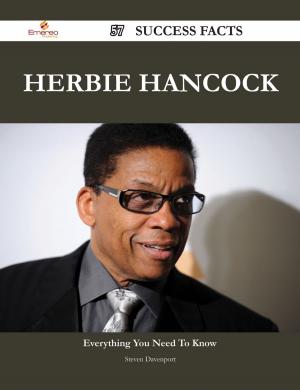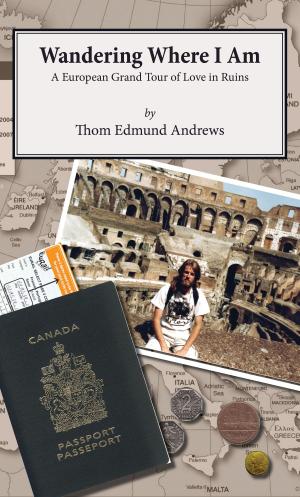| Author: | Paul D Kennedy | ISBN: | 9781465765154 |
| Publisher: | Paul D Kennedy | Publication: | December 1, 2011 |
| Imprint: | Smashwords Edition | Language: | English |
| Author: | Paul D Kennedy |
| ISBN: | 9781465765154 |
| Publisher: | Paul D Kennedy |
| Publication: | December 1, 2011 |
| Imprint: | Smashwords Edition |
| Language: | English |
When Iraq invaded Kuwait on the 2nd of August 1990 I was living in the tallest apartment block in the downtown area. I had a grandstand view of the tanks and troops as they came swarming in. It was all kinda exciting. But, six hours later, after the city had fallen, I found I was caught in a trap.
The Lid is Lifted is my story of what happened in Kuwait when the country was invaded by Iraq on the 2nd August 1990. Written in a terse narrative non-fiction style, every word is true.
The invasion lifted the lid on all that is vile in human nature and the many civilians trapped in Kuwait became the prey of armed predators. I too was one of those victims.
Fear became the pervading emotion for most of us. My mind was almost destroyed when I was held at gunpoint while two girls were raped in my home. But I managed, somehow, to convert my fear into the righteous anger that enabled me to survive. My anger gave me the courage to face the facts, to plan, to act and to survive, and to carry a few others with me.
However The Lid is Lifted is much more than a litany of horrors. The story describes events which do not accord with the official accounts of the invasion. For example, there were Jordanian troops among the invading forces … we found several empty wooden ammo boxes with marked ‘Royal Jordanian Army’ on the side lying on the streets in the area where I lived.
At the time of the invasion I was a consultant for one of the premier banks in the region and had a network of well-informed contacts at senior level on whom I could draw for information.
Did you know that a week before the invasion scores of Iraqi secret police had checked-in to the main hotels in the city and the Kuwaiti authorities did nothing? Or that Iraq had its own dock in the port area, guarded by its own soldiers, and it was these troops who guided the invading army into the city.
The invasion brought out the worst in human nature.
Because they know they would have to rely on America for their liberation, the Kuwaitis instructed their supermarkets to give food to Westerners but to refuse it to third-country nationals. After Saddam ordered ‘Westerners of aggressor nations’ to report to the hotels, some Arabs denounced their European and American neighbours to the Iraqi secret police. An American hotel manager refused shelter to two Thai girls who had been raped in order ‘to safeguard his hotel’. A British family stole a four-wheel drive vehicle belonging to an American family and deprived the Americans of their chance to escape across the desert to Saudi. And an idiotic junior official at the British embassy refused to replace a lost passport on the spot because it was ‘outside consular hours’, even when I pointed out that travelling around the city was becoming critically dangerous.
The looting was mind-boggling.
There was the ‘official’ or politically controlled looting that was overseen by the honchos of the Iraqi Ba’ath party, using the Iraqi army for muscle. There was also the dangerous free-for-all that developed as law-and-order collapsed.
Fear was probably the dominant emotion felt by everyone who was trapped in Kuwait, especially in the early days. I’ll never forget the chill I felt when, on the evening of the first day, Saddam threatened to turn Kuwait into a graveyard, or the shock when he announced that we would be used as human shields in key military and civil installations. Or the fear I felt as an angry Iraqi soldier slashed the air in front of my nose with a bowie knife, working himself up to kill me, after I had witnessed a double rape.
The Iraqi invasion was a time of learning … on how to survive in conditions of urban strife. We discovered the necessity of binding ourselves into groups, rationing our food, controlling discord, and creating 'safe' rooms in case of gas attacks.
All of which makes The Lid is Lifted an exciting story you'll find hard to put down.
When Iraq invaded Kuwait on the 2nd of August 1990 I was living in the tallest apartment block in the downtown area. I had a grandstand view of the tanks and troops as they came swarming in. It was all kinda exciting. But, six hours later, after the city had fallen, I found I was caught in a trap.
The Lid is Lifted is my story of what happened in Kuwait when the country was invaded by Iraq on the 2nd August 1990. Written in a terse narrative non-fiction style, every word is true.
The invasion lifted the lid on all that is vile in human nature and the many civilians trapped in Kuwait became the prey of armed predators. I too was one of those victims.
Fear became the pervading emotion for most of us. My mind was almost destroyed when I was held at gunpoint while two girls were raped in my home. But I managed, somehow, to convert my fear into the righteous anger that enabled me to survive. My anger gave me the courage to face the facts, to plan, to act and to survive, and to carry a few others with me.
However The Lid is Lifted is much more than a litany of horrors. The story describes events which do not accord with the official accounts of the invasion. For example, there were Jordanian troops among the invading forces … we found several empty wooden ammo boxes with marked ‘Royal Jordanian Army’ on the side lying on the streets in the area where I lived.
At the time of the invasion I was a consultant for one of the premier banks in the region and had a network of well-informed contacts at senior level on whom I could draw for information.
Did you know that a week before the invasion scores of Iraqi secret police had checked-in to the main hotels in the city and the Kuwaiti authorities did nothing? Or that Iraq had its own dock in the port area, guarded by its own soldiers, and it was these troops who guided the invading army into the city.
The invasion brought out the worst in human nature.
Because they know they would have to rely on America for their liberation, the Kuwaitis instructed their supermarkets to give food to Westerners but to refuse it to third-country nationals. After Saddam ordered ‘Westerners of aggressor nations’ to report to the hotels, some Arabs denounced their European and American neighbours to the Iraqi secret police. An American hotel manager refused shelter to two Thai girls who had been raped in order ‘to safeguard his hotel’. A British family stole a four-wheel drive vehicle belonging to an American family and deprived the Americans of their chance to escape across the desert to Saudi. And an idiotic junior official at the British embassy refused to replace a lost passport on the spot because it was ‘outside consular hours’, even when I pointed out that travelling around the city was becoming critically dangerous.
The looting was mind-boggling.
There was the ‘official’ or politically controlled looting that was overseen by the honchos of the Iraqi Ba’ath party, using the Iraqi army for muscle. There was also the dangerous free-for-all that developed as law-and-order collapsed.
Fear was probably the dominant emotion felt by everyone who was trapped in Kuwait, especially in the early days. I’ll never forget the chill I felt when, on the evening of the first day, Saddam threatened to turn Kuwait into a graveyard, or the shock when he announced that we would be used as human shields in key military and civil installations. Or the fear I felt as an angry Iraqi soldier slashed the air in front of my nose with a bowie knife, working himself up to kill me, after I had witnessed a double rape.
The Iraqi invasion was a time of learning … on how to survive in conditions of urban strife. We discovered the necessity of binding ourselves into groups, rationing our food, controlling discord, and creating 'safe' rooms in case of gas attacks.
All of which makes The Lid is Lifted an exciting story you'll find hard to put down.

